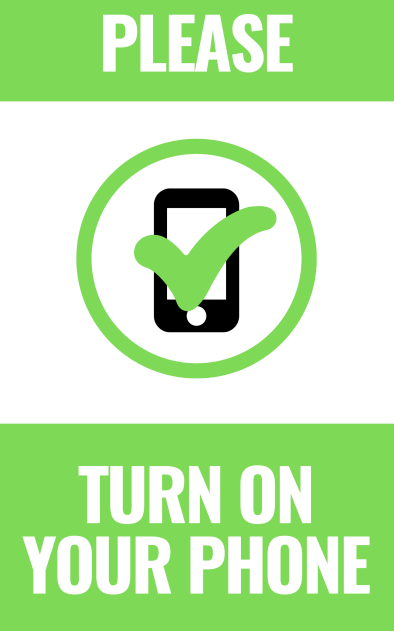In light of the Lee County school board’s recent decision to prohibit all phones and electronic devices for the 2025-2026 academic year, it has become apparent that teenagers have learned more from their devices than from school.
For instance, can schools teach teenagers how to nae-nae? Absolutely not. Can they educate them on the art of dealing with brain fog? Definitely not. And when it comes to mastering quick recipes for an air fryer to satisfy those late-night, 3 AM cravings? Not likely. These are vital life skills that teens have turned to smartphones and social media to acquire.
The underlying motive behind the county’s attempt to restrict phone usage among students appears to be rooted in jealousy. The authorities fear that as students gain the vast knowledge available through their devices, they will become increasingly intelligent and empowered.
There is a growing concern that this newfound knowledge could lead to a shift in power dynamics, potentially allowing students to take control in ways previously unimagined.
Some even say that external influences, such as the Chinese Communist Party (CCP), could find ways to infiltrate young minds via platforms like TikTok and Xiaohongshu (also known as Rednote), insidiously implanting ideas and thoughts.
One must question the necessity of traditional education when a simple search on WikiHow can provide a teenager with a step-by-step guide on how to approach a girl in ten easy steps. This has proven to be immensely helpful, I can tell you from personal experience.
Adding to the repeating disappointments voiced by students who say, “School doesn’t teach us how to file taxes,” or “School fails to educate us about investing our money.” These students highlight a disconnect between what is taught in classrooms and the practical skills young individuals need to navigate the real world successfully.
What so many seem to miss is that our educational institutions are grappling with a far more pressing dilemma: they’re underprepared to teach practical skills to students, take Spanish for example.
Schools don’t have an owl teaching students how to speak Spanish.
Seriously, who needs to memorize formulas and convert moles to mass? Before I began chemistry, I honestly believed moles referred to those blemishes on our skin. Are we really incorporating these into our academic pursuits?
The existence of calculators and artificial intelligence (AI) refutes any need to do traditional math, and the “critical thinking” that teachers are always talking about. Why do so, when TikTok has all the answers?
Teenagers should be learning things that will be useful for their futures, and school, well, it’s pretty outdated.
If one were to look at pictures from a school in 1940 versus a school in 2025, the pictures would look almost identical. The only thing that changes in the photos is how the students are dressed and the technology. By the way, I learned that from TikTok.
This is worrying, and phones being banned is just another thing that’s stopping the school system from reaching its full potential. So, instead of heading into the future, schools are reverting back in time. Soon enough, we’ll all be wearing hand-knitted sweaters and cotton dresses to school.
Phones are the future of education. On top of that, there’s no stopping teenagers from using their phones, it’s unrealistic in the society today
Instead of imposing an outright ban on phones, why not take a more constructive approach? Let’s integrate them into the learning experience and inch towards an educational system ready to embrace the wonders of smartphone technology. What a revolutionary idea!
And hey, where do you think that idea came from? Anyone care to guess?










